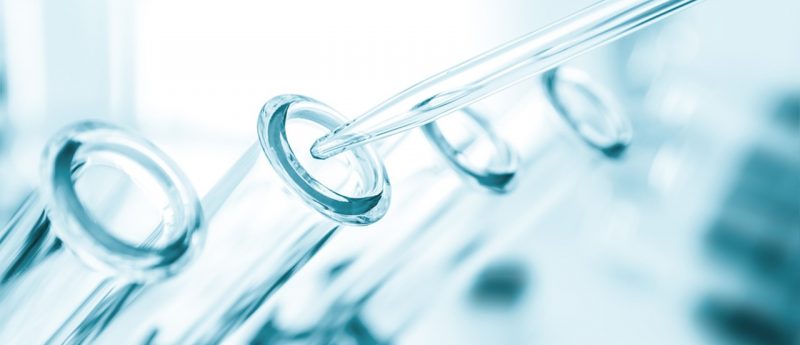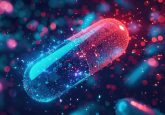Novel urine test could provide alternative to blood sampling

Biomarker identification in urine samples can be challenging, as high salt content can make it difficult to isolate the proteins. Researchers from Clemson University (SC, USA) have addressed this by developing a new testing method for urine that they believe will the reduce time, cost and sample volume necessary to provide an accurate analysis.
The method could make it feasible to use urine sampling instead of standard blood tests. For example, proteins in urine could potentially provide an indication of coronary heart disease, sleeping sickness, or donor organ rejection.
The major difficulty with urine testing in the past lay in isolating the biomarkers for disease or drug use. Research leader Ken Marcus, a Professor of Analytical Chemistry at Clemson University (SC, USA), explained that the concentrations of the analytes of interest would be “one part in a billion.”
The group countered this problem with the use of capillary-channeled polymer fibers. They packed the fibers into plastic tubes, and then passed urine samples through the tubes using a centrifuge. The researchers then used de-ionized water to wash salt and contaminants from the tubes, while leaving behind the hydrophobic proteins. These were then extracted using a solvent and analyzed. The researchers were able to isolate purified proteins, which could be refrigerated until testing.
The research has potential as a suitable alternative to blood tests, as various mechanisms limit changes in the blood, while urine accumulates changes and could therefore be a superior biomarker source. Urine can also be obtained easily and non-invasively.
The technique could, Marcus speculated, have important applications for pediatric testing. Currently, it is challenging to conduct urine tests on babies, particularly as it is difficult to obtain an adequate sample. The new technique, however, only requires a few microliters of urine.





